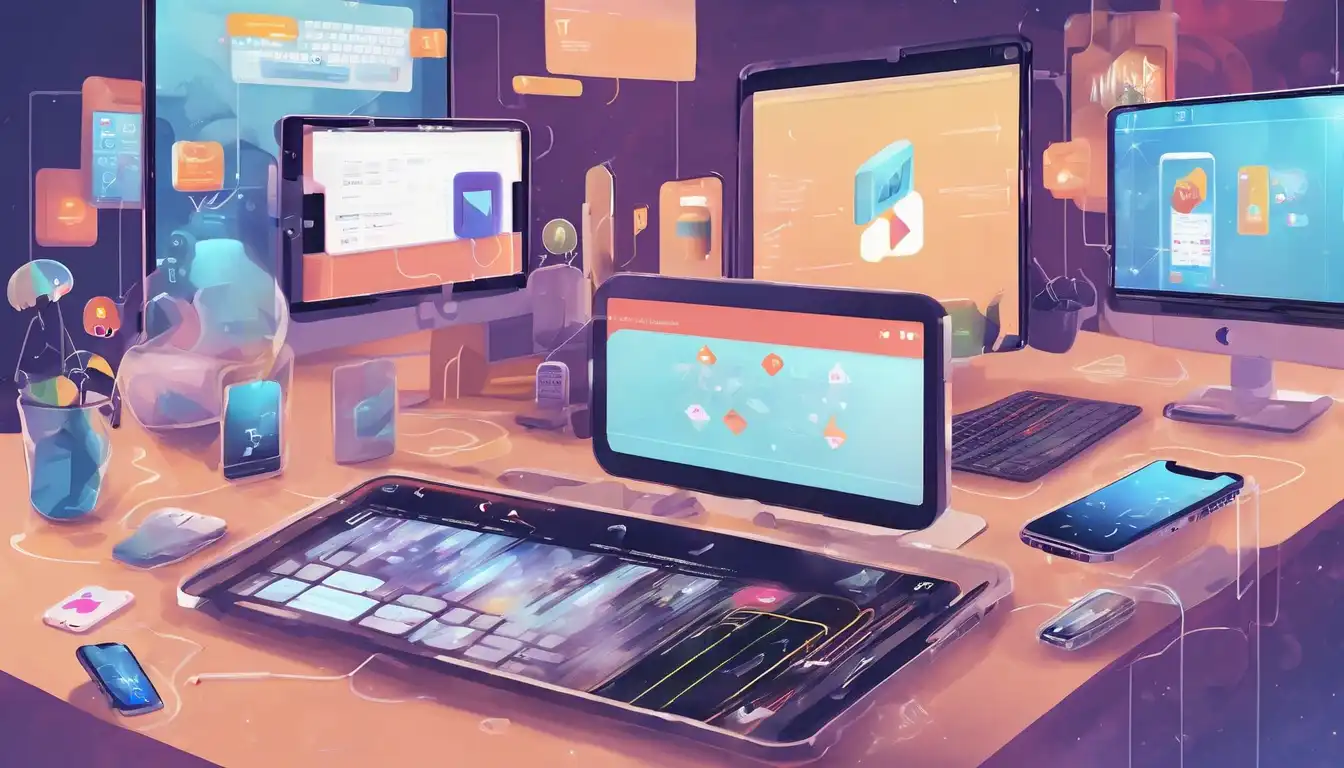Introduction to Flutter in Mobile Development
Flutter, Google's open-source UI software development kit, has revolutionized the way developers create mobile applications. With its ability to craft natively compiled applications for mobile, web, and desktop from a single codebase, Flutter is setting new standards in the development community. This article delves into the future of mobile development with Flutter, exploring its benefits, challenges, and why it's becoming the go-to choice for developers worldwide.
Why Flutter is Gaining Popularity
Flutter's popularity stems from its fast development cycles, expressive and flexible UI, and native performance. Unlike other frameworks, Flutter uses Dart, a language optimized for fast apps on any platform. This section highlights the key advantages of using Flutter for mobile development.
- Single codebase for multiple platforms
- Hot reload feature for instant updates
- Rich set of customizable widgets
- Strong community and Google support
Challenges Facing Flutter
Despite its many benefits, Flutter is not without its challenges. Some developers find Dart to be a hurdle, especially those accustomed to more popular languages like JavaScript or Python. Additionally, the size of Flutter apps can be larger than those developed with native technologies. This section explores these challenges in depth.
The Future of Flutter in Mobile Development
The future of Flutter looks promising, with Google and the open-source community continuously working on improvements. Features like Flutter for Web and Desktop are already making waves, and the potential for Flutter in IoT and embedded devices is being explored. This section speculates on what the future holds for Flutter and how it will shape mobile development.
How to Get Started with Flutter
For those interested in diving into Flutter, getting started is straightforward. The official Flutter website offers comprehensive documentation, tutorials, and a vibrant community to support new learners. This section provides a brief guide on how to begin your Flutter development journey.
- Install Flutter SDK
- Set up your preferred IDE
- Explore Flutter documentation
- Join the Flutter community
Conclusion
Flutter is undeniably shaping the future of mobile development with its innovative approach and robust features. While challenges exist, the benefits far outweigh them, making Flutter a compelling choice for developers aiming for efficiency, performance, and beauty in their applications. As the ecosystem grows, so does the potential for Flutter to dominate the mobile development landscape.
